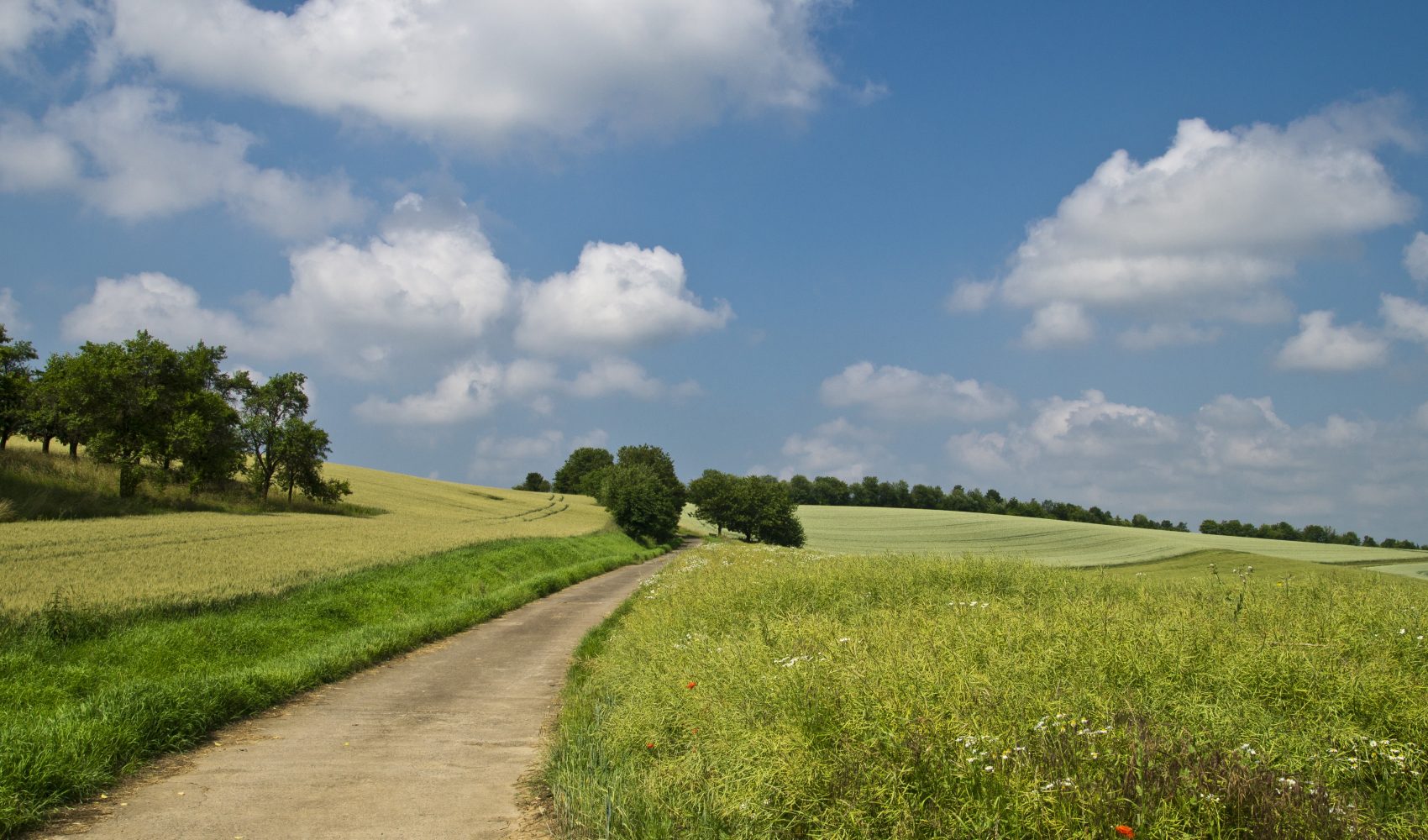VUCA and Brexit

We know Brexit’s a major event on the world stage, but here’s some food for thought
Brexit is poised to make sweeping changes to the British economy and to the way of life of British people. Where that could most impact the day-to-day of the British consumer is at the cash register of grocery stores across the UK in the form of fresh produce. Why? A Bloomberg video report puts it bluntly: either there’s labor to pick the crops, or there are no crops. If there aren’t enough migrant workers to meet the demands to pick the supply, as one British farmer they interviewed put it, “We will have to start importing large quantities of fresh food.”
Before we go any further, what’s VUCA anyway?
The term VUCA first appeared in 1998 in a report from the United States War College. The report, aimed at training military officers for the 21st Century, included the acronym we know and love:
Volatility
Uncertainty
Complexity
Ambiguity
However, there’s more to VUCA that business leaders of today and the future need to consider as they steadfastly guide their teams, departments, and firms. In a recent article in Forbes, Bill George proposed VUCA 2.0, which takes this acronym to update it to emphasize the leadership traits that managers need to take into consideration to deal with the “…volume of change we are seeing.”
George believes that the VUCA manager needs to possess the following traits:
Vision
Understanding
Courage
Adaptability
Why these four? According to George, “[w]ith external volatility the prevalent characteristic these days, business leaders who stay focused on their mission and values and have the courage to deploy bold strategies building on their strengths will be the winners.” And how about those that don’t stick with their core principles nor adapt? They “…will wind up the losers.”
What does agriculture have to do with VUCA?
While Britain’s farming sector only constitutes one percent of the United Kingdom’s economy, Brexit could be more devastating for British agriculture than for other industries. The Financial Times tells us that this segment of the British economy, like all the country’s industries, needs to make a decision “…whether to concentrate on retaining ties with Europe or to focus on markets farther afield, as many Brexiters urge.”
Plus, the dangers of the UK not reaching a divorce deal with the European Union could be much more adversely consequential for this sector because “[i]n the absence of a transition, the alternative of a so-called hard Brexit when Britain leaves the EU in March 2019 could be more dramatic for agriculture than for many other sectors of the economy.”
Why could this be so devastating?
There are two principle realities to this sector that show how British agriculture has dramatically benefited from unfettered trade with the EU. First is the fact that out of the annual £13.8 billion in British food exports, seventy percent goes to European Union countries. When we look at the imports side of the equation, nearly eighty percent of the £32.6 billion in food imports entering the UK are from the EU. Thus, while many farmers in the UK voted for Brexit due to their frustrations, there are deep ties on both sides of the English Channel.
Not only that, the consequence on the labor side is already being felt even in this pre-Brexit grace period: the sector is already seeing labor shortages. In September of 2017, the National Farmers’ Union’s monthly labor survey reported a 29% seasonal worker shortfall, up from a 17% shortage in May of that same year. Why a lack? While some farmers have received hate mail claiming that they are taking away jobs from domestic workers, the truth is that farmers cannot find enough local workers “…because of low unemployment and that those looking for work want permanent contracts, not seasonal work.” Currently, three-quarters of seasonal workers in the British farming sector come from Romania and Bulgaria, two EU countries. The National Farmers Union also reported that from January to May, only 14 of the 13,400 seasonal farming workers recruited were British. Not only that, one of the farmers interviewed in the Bloomberg video, Nick Ottewell, exclusively relies on visa-free EU labor.
The end of free movement of EU citizens to Britain would spell trouble. Not only were some areas like Cornwall, Herefordshire, Scotland, and Kent already unable to meet the harvest demands and left produce to rot from not having enough hands to pick it in time, but previous seasonal farming worker visa schemes did not allocate enough visas. The previous Seasonal Agricultural Workers Scheme had been capped at 21,000 to go along with EU free-movement requirements, but the National Farmers Union notes that they cannot merely update that scheme that got abolished in 2012.
Farming doesn’t like uncertainty
Planning is important; the current shortage of Christmas trees in the United States due to less planting during the Great Recession demonstrates how economic malaise can cause problems in the future. For British farmers and the farm workers themselves, they need to know at least a year in advance what the British government plans to do. The Vice President of the National Farmers Union, Guy Smith, puts it like this: “Farmers need certainty for years ahead.” They don’t want to have to sacrifice tons of crops because they don’t have labor.
Otherwise, as Bloomberg titled this video, food prices will skyrocket:
Ready to feel more confident in an era of increasing uncertainty?
If you’re ready to mold yourself into a leader prepared to take on a VUCA-filled future, you can learn more about Leadership and Strategy in the Age of Disruption by downloading a copy of our informational booklet. If you’re ready to join our next intake, get started on your application.



